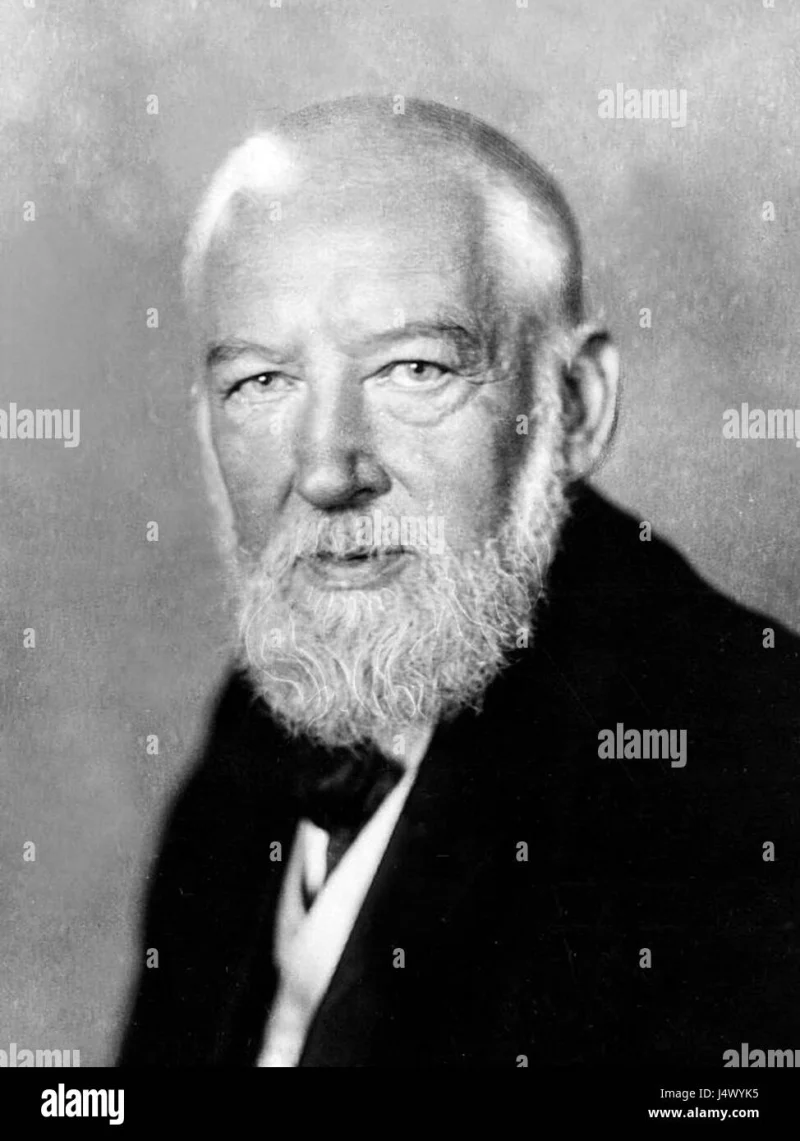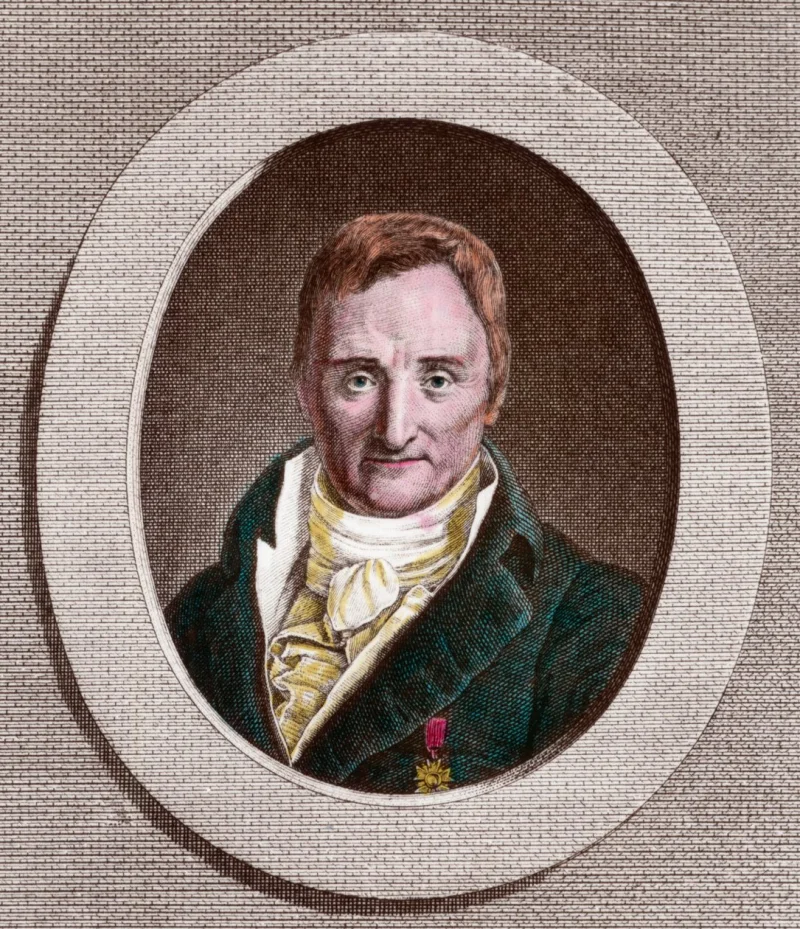Short Summary
Percival Lowell was an influential American astronomer known for his study of the planet Mars and his speculation about the existence of an advanced civilization there. He founded the Lowell Observatory in Flagstaff, Arizona, which played a crucial role in the discovery of Pluto. His theories and observations, although controversial, sparked widespread public interest in astronomy and the search for life beyond Earth.
Early Life & Education
Born on March 13, 1855, in Boston, Massachusetts, Percival Lowell was part of a prominent family. His father, Augustus Lowell, was a wealthy industrialist, and his siblings also achieved significant cultural and academic accomplishments. Lowell attended Harvard University, where he graduated with a degree in mathematics in 1876. Influenced by his family's intellectual environment and his extensive travels to Japan and the Far East, he developed a keen interest in astronomy and the mysteries of the universe. These early experiences laid the foundation for his later pursuits in the field of astronomy.
Career Highlights
Lowell's fascination with the planet Mars led him to devote much of his career to studying it. In 1894, he established the Lowell Observatory in Flagstaff, Arizona, specifically to study Mars and its so-called canals, which he believed indicated the presence of intelligent life. He published several books and papers on the subject, including "Mars and Its Canals" and "Mars as the Abode of Life." Although his theories about Martian life were later debunked, his work inspired a generation of astronomers and science fiction writers. The Lowell Observatory later became instrumental in the discovery of Pluto by Clyde Tombaugh in 1930.
Major Achievements
- Founded the Lowell Observatory in 1894, advancing the field of planetary astronomy.
- Popularized the idea of canals on Mars, significantly influencing public and scientific interest.
- Authored several influential books on Mars, contributing to the dialogue about extraterrestrial life.
Famous Quotes
- "Imagination is as vital to any advance in science as learning and precision are essential for starting points."
- "The most important thing in science is not so much to obtain new facts as to discover new ways of thinking about them."
Interesting Facts
- Lowell was a descendant of the prominent Lowell family, known for their impact on American industry and culture.
- His interest in Mars was partly influenced by the Italian astronomer Giovanni Schiaparelli's observations of Martian "canali."
- The Lowell Observatory is one of the oldest observatories in the United States still in operation.
- He spent a significant amount of his personal wealth on funding his astronomical research.
- His work inspired science fiction writers like H.G. Wells and Edgar Rice Burroughs.
Legacy / Influence
Percival Lowell's legacy is marked by his ability to captivate the public's imagination with his theories about Mars and extraterrestrial life. Despite the inaccuracies in his Martian canal hypothesis, his work significantly advanced the field of planetary astronomy and fostered a lasting interest in the search for life beyond Earth. The discovery of Pluto at the Lowell Observatory is a testament to his enduring influence on the field.
FAQ
Q: Why is Percival Lowell famous?
A: He is famous for his study of Mars and the establishment of the Lowell Observatory, which later contributed to the discovery of Pluto.
Q: What was Lowell's belief about Mars?
A: He believed that the canals on Mars were evidence of an advanced Martian civilization.
Q: What lasting impact did Lowell have on astronomy?
A: His work popularized the study of Mars and inspired further exploration of the possibilities of life beyond Earth.













